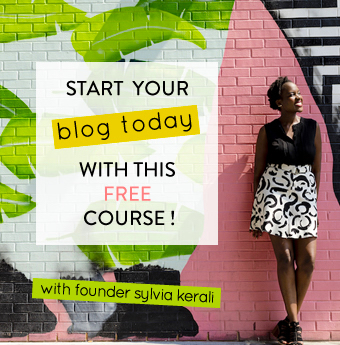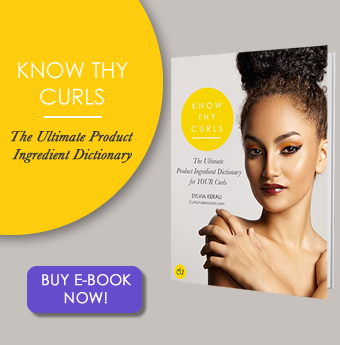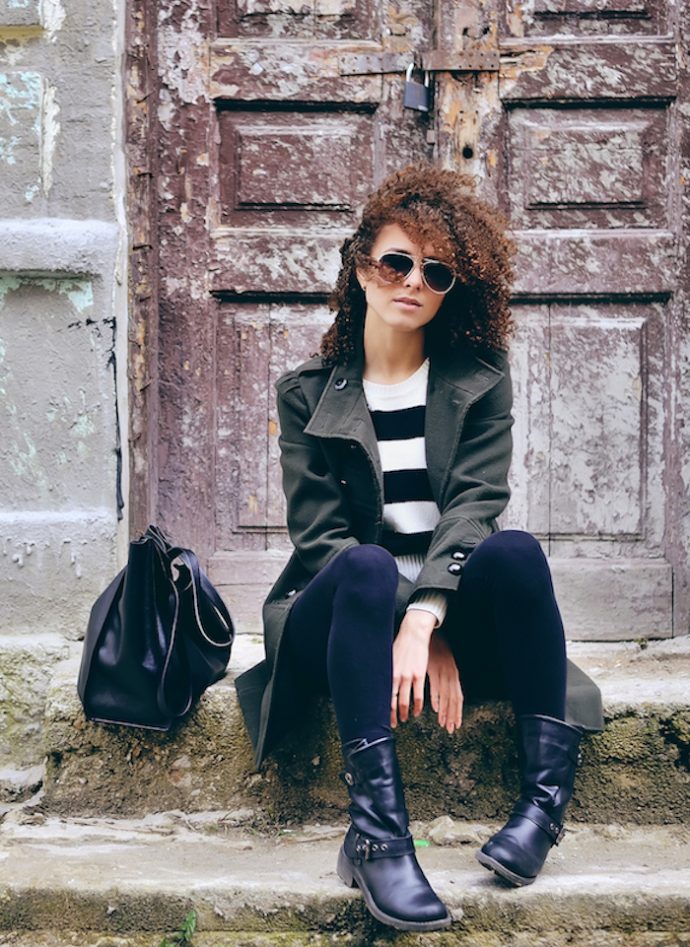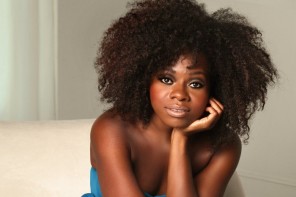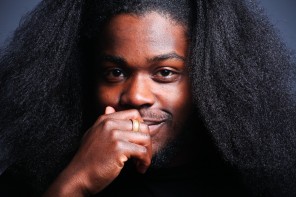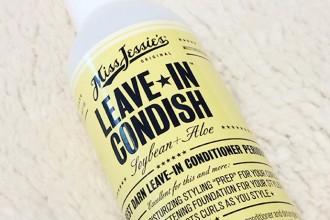Living abroad and out of your comfort zone is challenging enough. From everyday challenges like understanding public transportation etiquette, to specific aesthetic challenges like battling the hard water that leaves build-up on your scalp and your hair feeling like straw, your new country can seem like it’s already resenting your move. The lack of familiar hair and skincare branded products available in your local convenient store can also make a bad situation worse.
Willkommen in Deutschland
I’m a Munich transplant, originally hailing from Boston (USA). After arriving in Germany, I was faced with the common challenge many culturally diverse women face: What in the world am I going to do with my hair here?! Although this may seem incredibly vain, as a black woman who frequented the hair salon every 6 weeks, this was a daunting challenge for me that only added to my list of integration issues.
Kicked My Creamy Crack Habit
After a botched relaxer and several failed attempts with different hair stylists, I decided I needed a drastic change – I needed to kick my creamy crack habit. I got off “the creamy crack” February 2012 and I haven’t looked back!
I will admit – I wasn’t completely open to the idea at first. I was practically forced to go natural because no one in Germany knew how to care for my hair like I was used to back home. There were (and still are) no natural hairdressers.
Plus, I got tired of trying to explain what I wanted done to my hair with my basic-level German. Hair dressers would look at me oddly and repeatedly ask why I didn’t want a relaxer or Keratin treatment to straighten my hair. I quickly learned that beauty standards differed drastically between black women and their country of origin regarding wigs, weaves, chemical relaxers, texturizers, braids, etc.
The Struggle is Real
My first challenge was understanding my natural hair texture. I watched countless YouTube tutorials from natural hair gurus, and couldn’t understand why my finished hair style didn’t look like theirs. Finally, I was introduced to the hair typing chart, which helped me to understand my natural hair texture and what type of products worked best.
Once I understood my hair texture, I focused on hair styles and products that maintained the most moisture and curl definition. This brought me to my second challenge; I then had difficulties purchasing the same name brand products or DIY ingredients that were featured in all the YouTube tutorials. I had to find all the substitutes that were available at a moderate price in Europe. A lot of the times, I would stock up on products when I went back home to Boston.
Next, came the inquisitive look and inquiries to touch my hair that I was not prepared for or used to back in the US. A lot of German people were intrigued by my hair; and if something intrigues you why not touch it, right? If I made eye contact, it gave them the immediate assumption that they could spark up a conversation about my hair and reach out to touch it. This was incredibly uncomfortable as I wasn’t used to my personal space being invaded.
It was also challenging to find professional hair styles for work that didn’t cause too much of a distraction or start a hair discussion. There’s a fine line for the standard of kempt versus unkempt hair, and unfortunately cornrows, dreadlocks and kinky afros, boarder the line of unkempt hair according to corporate workplace and society standards.
With the Bad, Comes the Good
As a busy, working mom, I was always looking for easy-to-do hairstyles that were still stylish and preserved my natural hair. With no specialty natural hair salons or hair products for natural haired girls widely available in Germany, I started making my own hair creams, gels, shampoos, deep conditioners, hair rinses, etc.
That’s when I decided that I needed to change the game in Germany. Why shouldn’t curly-haired women have the same product availability? In 2016, I started an e-commerce business, Divine Curls that sells natural hair products and empowers women to showcase their natural, curly hair.
Divine Curls sponsored the first natural hair event, in association with “International Natural Hair Meet up Day” (INHMD) in Munich, which brought a lot of awareness and excitement to the area. Women were happy to shop for products, share stories and participate in demos on how to care for their natural hair.
Divine Curls also ships internationally to other European countries. For more information, check us out at www.divinecurls.de and follow us on Facebook and Instagram.
See how other naturally curly women care for their hair in our Being Natural In A Foreign Country series.
